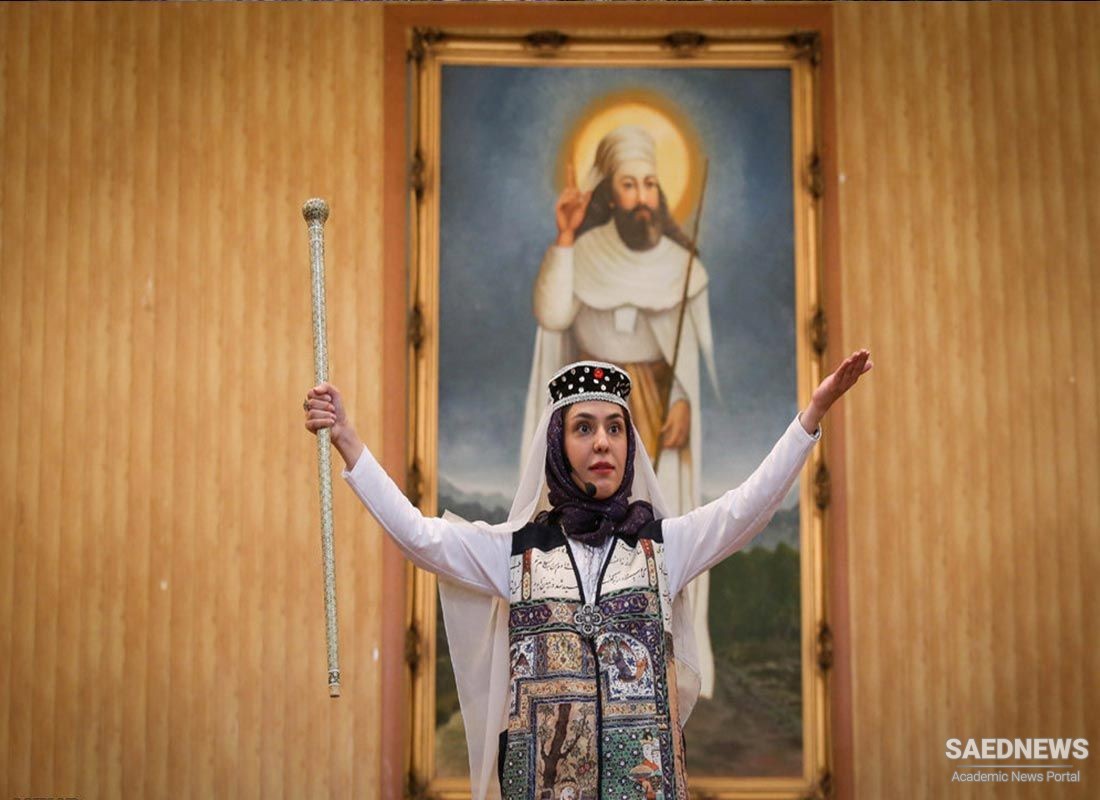The sources substantiate the fact that the Zoroastrians were encouraged to stay in the government.108 The Caliph Sulayman (d. 717 AD) allegedly said one day: ‘I admire these Persians; they reigned for one thousand years and never, not for one hour, did they stand in need of us; we ruled for 100 years and not for one hour could we do without them.’109 Until the mid-eighth century, the leading positions in the administration seem to have been dominated by the same Zoroastrian families who had been involved in the Sassanian government earlier in the 7th century. Baladhuri mentions that in 698, the Zoroastrian Zadan Farrukh was at the head of the treasury in the East of the caliphate.110 We also know from another source that his father, Piruz, had occupied the same position before him. However, after ruling Iran for more than half a century, the Arabs believed that it was time for them to secure their cultural hegemony. As the Arabs dominated Iran politically, the change of the administrative language from Persian to Arabic was inevitable. Zadan Farrukh believed rightly that the new policy could only be detrimental to his family and co-religionists. He prevented his assistant Salih b. Abd al-Rahman, whose father had abandoned Zoroastrianism, from translating the records into Arabic. Zadan Farrukh’s position irreconcilable with the Arabs’ political goals cost him his life in 698. Salih, with the blessing of the Arab governor, Hajjaj b. Yusuf, was able then to implement his plans for Arabicization. Distraught at such consequential measures, the son of Zadan Farrukh, Mardanshah, told Salih, ‘May God efface thy trace from the worlds as thou hast effaced the trace of Persian.’ The Zoroastrians tried to bribe Salih with 100,000 dirhams so that he would not continue his task, but he refused (Source: the Fire, the Star and the Cross).


 Zoroastrians and Formation of a Muslim State with Iranian Bureaucracy
Zoroastrians and Formation of a Muslim State with Iranian Bureaucracy














































